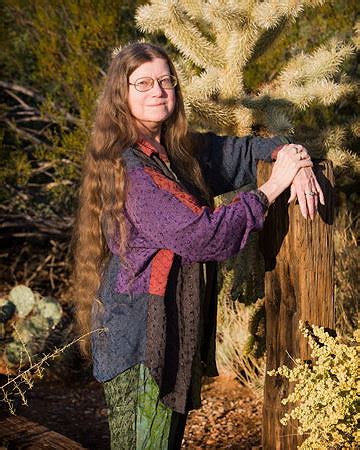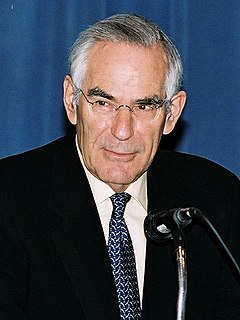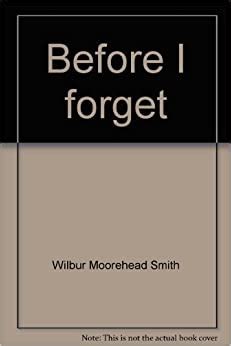A Quote by Suzanne Collins
I search his eyes for the slightest sign of anything, fear, remorse, anger. But there's only the same look of amusement that ended our last conversation. It's as if he's speaking the words again. "Oh, my dear Miss Everdeen. I thought we had agreed not to lie to each other." He's right. We did. The point of my arrow shifts upward. I release the string. And President Coin collapses over the side of the balcony and plunges to the ground. Dead.
Related Quotes
I had seen ardency in men's eyes, but I had only felt it once. With Flauvic, false and therefore easy to dismiss. I suddenly wished that I could feel it now. No, I did feel it. I did have the same feeling, only I had masked it as restlessness, or as the exhortation to action, or as anger. I thought how wonderful it would be to see that spark now, in the right pair of eyes.
If a man were to look over the fence on one side of his garden and observe that the neighbor on his left had laid his garden path round a central lawn; and were to look over the fence on the other side of his garden and observe that the neighbor on his right had laid his path down the middle of the lawn, and were then to lay his own garden path diagonally from one corner to the other, that man's soul would be lost. Originality is only to be praised when not prefaced by the look to right and left.
Her thoughts ran away to her girlhood with its passionate longing for adventure and she remembered the arms of men that had held her when adventure was a possible thing for her. Particularly she remembered one who had for a time been her lover and who in the moment of his passion had cried out to her more than a hundred times, saying the same words madly over and over: "You dear! You dear! You lovely dear!" The words, she thought, expressed something she would have liked to have achieved in life.
One of the things in the Mary Shelley [Frankenstein] is that the creature tells his story, so this begins with the creature's point of view. So, it literally starts with the creature opening his eyes and is born - but is obviously in his 30s. But because they're the creator and the created we thought it would be really interesting if they could look at each other every other night and play each other's roles.
In team sports the athletes were bonded by each other, there was an immense peer pressure to keep going. One dared not miss a practice for fear of letting his teammates down. Every time an athlete thought of getting back into bed in the morning he knew he would have to face the anger of his closest friends. But the sculler had to find motivation entirely within himself. No one else cared.
Edward and I had not had a last grand scene of farewell, nor did I plan one. To speak the word was to make it final. It would be the same as typing the words The End on the last page of a manuscript. So we did not say our goodbyes, and we stayed very close to each other, always touching. Whatever end found us, it would not find us separated.
What sort of man is this, who over and over again, gave numerous details about His death, months before it occurred, and added to each such utterance that on the third day after His decease He would rise again from the dead - and DID RISE, as even the city of Jerusalem soon came to believe? No other founder of a great world religion (or a small one) ever made such statements, or ever came forth from the dead.
A couple of years ago, my wife, Erica, and I were getting our daughter ready for school and an image of President [Barack] Obama was on one of the morning shows. And I said, oh, look, Carina, there's the president. You can be president one day. And she said, right away, that's for boys. And so right away I said, oh, no, you can be a doctor. You can be a lawyer. You can be anything you want. You can be president.
Have you ever considered, beloved other, how invisible we are to each other? We look at each other without seeing. We listen to each other and hear only a voice inside out self. The words of others are mistakes of our hearing, shipwrecks of our understanding. How confidently we believe OUR meanings of other people's words.
A very elementary exercise in psychology, not to be dignified by the name of psycho-analysis, showed me, on looking at my notebook, that the sketch of the angry professor had been made in anger. Anger had snatched my pencil while I dreamt. But what was anger doing there? Interest, confusion, amusement, boredom--all these emotions I could trace and name as they succeeded each other throughout the morning. Had anger, the black snake, been lurking among them? Yes, said the sketch, anger had.
From this outer edge of his life, looking back, there was only one remorse, and that was only that he wished to go on living. Did all dying people feel this way, as if they had never lived? Did life seem that short, indeed, over and done before you took a breath? Did it seem this abrupt and impossible to everyone, or only to himself, here, now, with a few hours left to him for thought and deliberation?
The trick is to keep exploring and not bail out, even when we find out that something is not what we thought. That's what we're going to discover again and again and again. Nothing is what we thought. I can say that with great confidence. Emptiness is not what we thought. Neither is mindfulness or fear. Compassion––not what we thought. Love. Buddha nature. Courage. These are code words for things we don't know in our minds, but any of us could experience them. These are words that point to what life really is when we let things fall apart and let ourselves be nailed to the present moment.
You never cared that I was your sister before.” “Didn’t I?” His black eyes flicked up and down her. “Our father’s dead,” he said. “There are no other relatives. You and I, we are the last. The last of the Morgensterns. You are the only one left whose blood runs in my veins, too. You are my last chance.




































